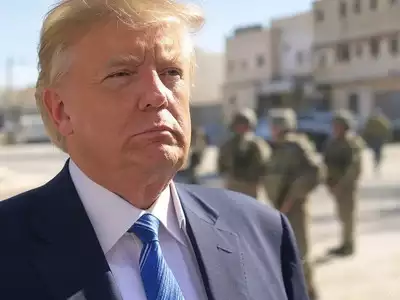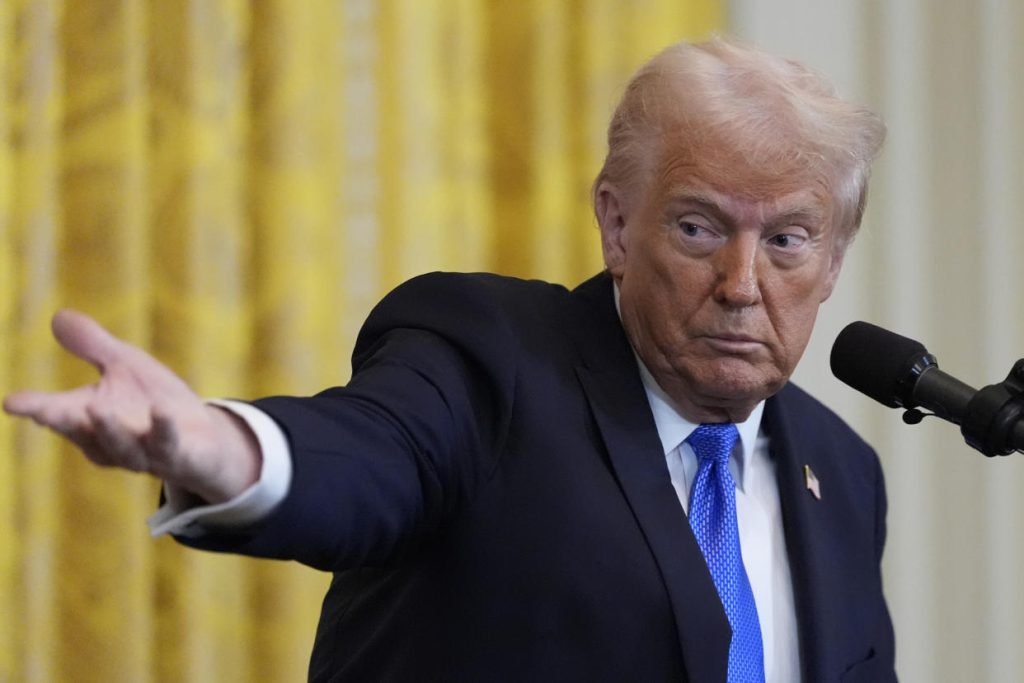In a major trade policy shift, former President Donald Trump has announced the immediate implementation of a 25% tariff on all steel and aluminium imports into the United States. The announcement, made on Sunday, February 11, marks a return to the aggressive trade measures seen during Trump’s first term and has already triggered reactions from global leaders and markets.
The tariffs aim to protect U.S. steel and aluminium industries, which Trump argues are essential to national security and domestic economic growth. However, the move has raised concerns about retaliation from key trading partners and a potential escalation of global trade tensions.
Reciprocal Tariffs on the Horizon
Trump also introduced a “reciprocal tariff policy”, under which the United States will match tariffs imposed by other countries on American goods. “We’re going to treat them the way they treat us,” Trump said during the announcement. Countries that impose tariffs on American products will face equal or greater tariffs on their exports to the U.S., he explained.
According to officials, details of the reciprocal tariff plan will be finalized in the coming weeks, but key trading partners like China and the EU are already on alert for possible U.S. retaliation.
Global Response: Immediate Backlash from France and the EU
The announcement was met with swift international backlash, particularly from the European Union. French officials have called for immediate EU retaliation, with French Foreign Minister Jean-Noël Barrot pushing for new tariffs on U.S. goods. Barrot said Europe “must respond forcefully” to avoid unfair trade practices.
In Australia, another major steel and aluminium exporter to the U.S., officials are seeking exemptions similar to those they received during Trump’s previous tariff program in 2018. Australia exported nearly $1 billion worth of steel and aluminium to the U.S. in 2024, raising concerns about potential job losses if exports drop.
Market Turmoil: Stocks Fall, Gold Prices Soar

Trump’s tariff announcement has rattled global markets. On Monday, the Dow Jones dropped 444 points, and the S&P 500 fell 0.9% amid fears of a global trade war. Asian markets also reacted, with mixed trading reported in Japan, South Korea, and Australia.
Investors sought safe havens amid the uncertainty, pushing gold prices to a record high of $2,892 per ounce.
Domestic Impact: Winners and Losers
While U.S. steel and aluminium producers could benefit from reduced foreign competition, industries dependent on these materials—such as automotive, construction, and aerospace sectors—could face rising production costs, potentially leading to higher prices for consumers.
Critics warn that the tariffs could hurt American manufacturers by raising costs and provoking retaliatory tariffs from other nations, making U.S. exports more expensive abroad.
What’s Next?
As trading partners consider their responses, analysts caution that escalating retaliatory measures could lead to a prolonged trade dispute. Businesses, importers, and consumers should monitor updates as the new tariffs and reciprocal trade measures take effect.
For now, the global economic landscape is shifting, and the impacts of this bold tariff move will likely be felt far beyond the steel and aluminum industries.

